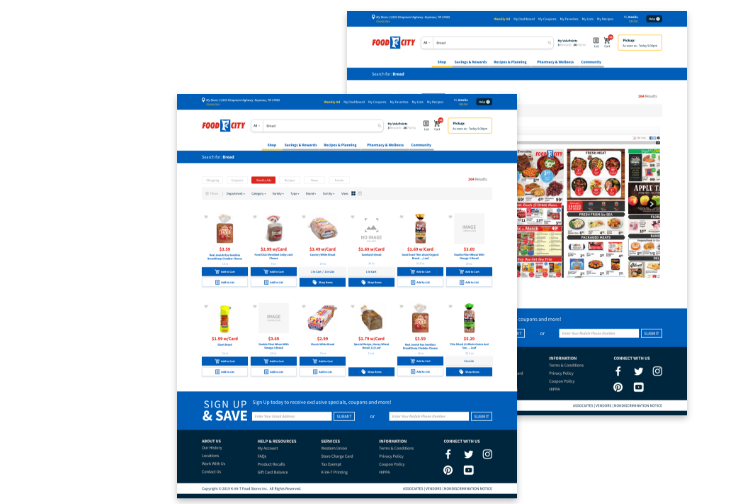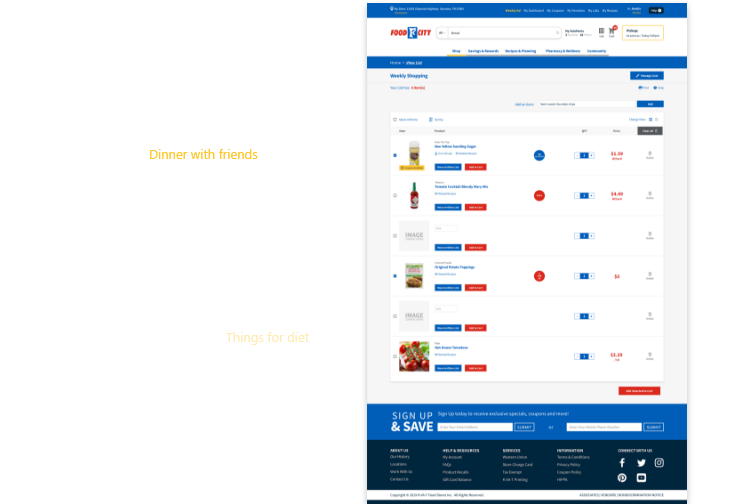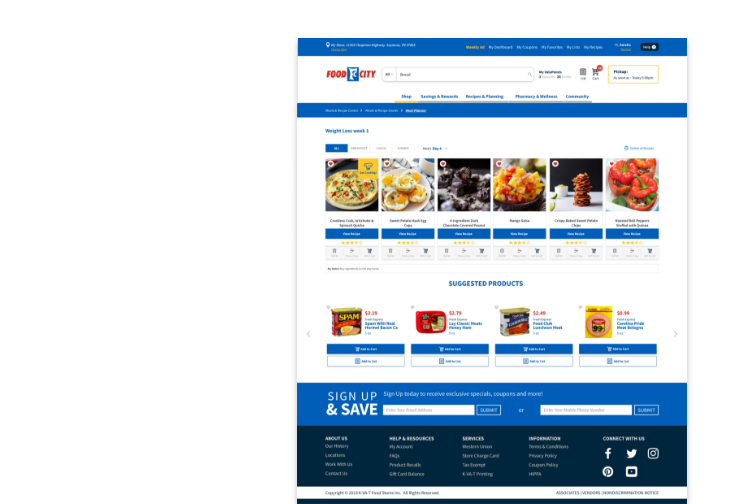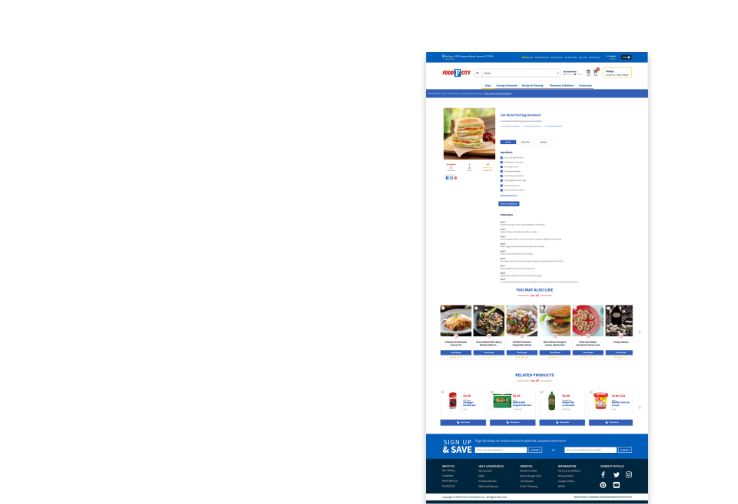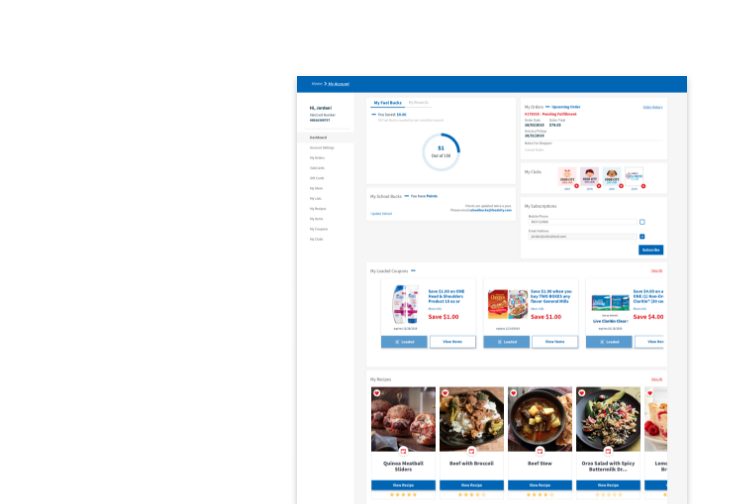
Wellness Club — Heart Smart Tips
Abingdon, VA. -
Saturday, Feb 1, 2025.
Written by: Nicole Pazdziorko, RDN, LDN
February celebrates American Heart Month – a time to spotlight the risks of cardiovascular disease and lifestyle factors that help to manage those risks. A heart healthy diet is one that balances a variety of colorful fruits and vegetables, is rich in fiber from whole grains, beans, and legumes, prioritizes lean and plant-based proteins and includes heart healthy fats. Aim to focus increasing these nutrient dense foods while cutting back on foods with excess sodium, saturated fat and added sugars.
Here are some heart smart hacks to remember when making your menu.
Choose Heart Healthy Oils
Choosing heart healthy oils when cooking is a smart way to reduce your risk of heart disease. Generally, choose non tropical oils that are liquid at room temperature. These have a higher ratio of mono and polyunsaturated fats to saturated fats, meaning that they don’t have a negative impact on cholesterol levels. For a neutral flavored cooking oil, canola or vegetable oil can be used. Similarly, avocado oil is a heart healthy option, rich in monounsaturated fats and it is great for cooking at high heat due to its higher smoke point. Oils start to degrade once they reach the smoke point so it’s important to remember that even among heart healthy oils, they are not all created equal. Some healthy oils that you can use in salad dressings and marinades but should avoid cooking at high heat include flaxseed or walnut oil.
Include Fiber-Rich Whole Grains
Grains may be one of the most misunderstood food groups when it comes to eating well. Because most grains and grain products are primarily composed of carbohydrates, they are perceived as not being nutritious, however, whole grains are beneficial to heart health. Choosing whole and unprocessed grains over refined grains means more fiber, vitamins and minerals. Soluble fiber, found in oats and barley, helps the heart by binding with cholesterol so that it is not absorbed into the bloodstream.
Pile on Plenty of Produce
Getting plenty of produce onto your plate is part of heart smart eating plan. Fruits and vegetables are low in calories, fat, and sodium – and contain beneficial vitamins, minerals, fiber and antioxidants. For example, dietary nitrates found in beets and dark leafy greens have been linked to reduced blood pressure and anthocyanins found in blueberries may lower risk of developing heart disease. Tomatoes contain lycopene, which research has linked to lowering “bad” cholesterol and blood pressure levels.
Shop Heart Healthy Tag
When it comes to shopping for your health at Food City the Pick Well Heart Healthy tag can help find simple swaps for everything from snack foods to cereals, and canned items – small swaps can add up to reducing your intake of sodium, added sugar, and saturated fats and providing benefit for your heart.

